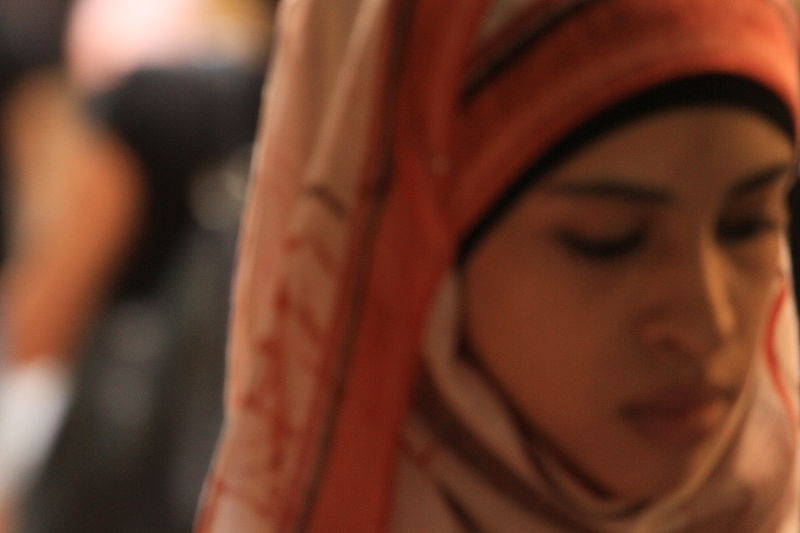To mark the start of the Republican National Convention, which starts tomorrow in Cleveland, Ohio, Glossophilia takes a look at the origins of the name of the party formed 162 years ago, as well as its nickname, “GOP”. Continue reading
Category Archives: Names
An EU primer: the European Union, its predecessors, and other Euro communities
Should they stay or should they go? This week, the British electorate will vote in a referendum deciding whether or not the United Kingdom will withdraw from the European Union. It wasn’t always called the European Union, though; some of us remember the EEC and other acronyms describing various European communities. Glosso refreshes our memories. Continue reading
The singular of Mentos …
Answers to writers quiz
In case anyone is still wondering about last week’s writers quiz, here are the answers below. Congratulations to Virginia Barder (full disclosure: she’s my sis, but I promise she didn’t get any inside info or extra clues) for being the first to solve it, and an honorary mention to Olivia, who solved the whole quiz within the space of about 10 minutes. Continue reading
In the news … (April 29)
TGIF … In language and usage news this month (and it’s been a good one), we have a Presidential hopeful having some trouble abroad — in pronouncing the name of that place he’s never been to; some landmark capitalization rules (or make that “DEcap” rules) at the AP; how personality is behind grammar nazis; does the name “Jim Wilson” mean anything to you (especially if you’re in the aviation world)?; find out which words were born in the same year as yours truly; the difference between anti-Semitism and anti-Zionism; some words made famous on an iconic TV show; and some dope on pugs … Continue reading
Days of the week
Have you ever wondered how the days of the week were named? In ancient Rome they were named after the planets, which in turn were named after gods. In most cases, a Germanic name resulted from the Roman god’s name being replaced by that of a similar or equivalent Germanic god. Each one is explained below, along with some common phrases that employ the day’s name. Enjoy. Continue reading
“Wens and hypertrophied members” (courtesy Fowler & Fowler)
In a section called “Euphony” in their book The King’s English, H. W. Fowler and F. G. Fowler give the following advice to writers, under a rather bizarre subheading: Continue reading
In the news … (Feb 5)
That Gerund Is Funky — Feb issue. Recently in grammar and language news: a Palin portmanteau that NPR’s Ari Shapiro can’t let go of; Oxford Dictionaries faces an accusation of sexism; a grammar quiz from The Independent; how to pronounce the name of a Dutch musician with a Swedish-sounding surname; the new legitimacy of the singular ‘they’; and the end of the road for a punctuation mark? Continue reading
Some of the beautiful words and phrases of Islam

Young Palestinian Muslim woman shopping in the public Arab Market in the Old City of Jerusalem. Peter Hagyo-Kovacs/Wiki Commons
Much has been written recently (including posts on this blog) about the name ISIS, and how unfortunate it is that the girl’s name — that of the Egyptian goddess of children and motherhood — has been hijacked by the world’s newest and most frightening embodiment of organized terror. This linguistic tainting is a small reflection of how the reputation and understanding of a historical, peaceful global religion has been tarnished by the horrific deeds of a small extremist group of its believers. In this sad climate of deepening and shameful prejudice against Islam, Glossophilia is honoring its beauty by taking a glimpse at some of its poetic language. Continue reading
Conkers
I recently spent my first fall back in Blighty after 18 years, and I’d forgotten how distinctive the English autumn feels. For me it will always be the season of conkers, with their shiny polished-wood skins glistening in the piles of fallen leaves and their smooth round forms nestling snugly in the palms of little hands. But why are they called conkers? Continue reading









